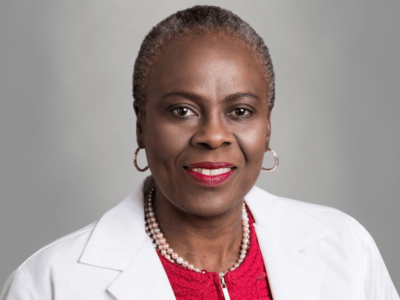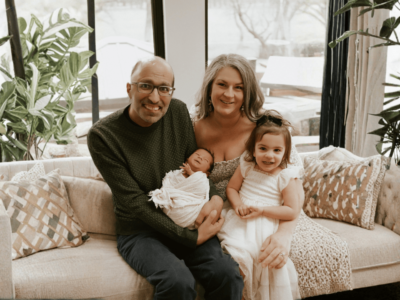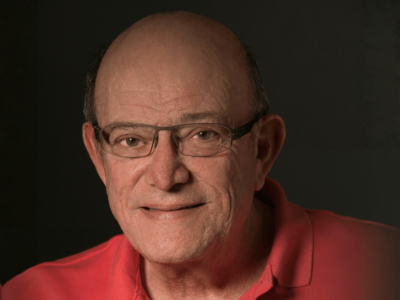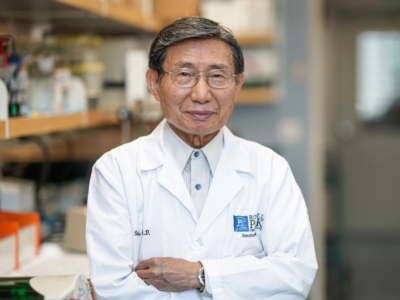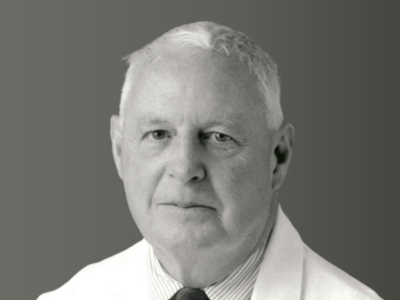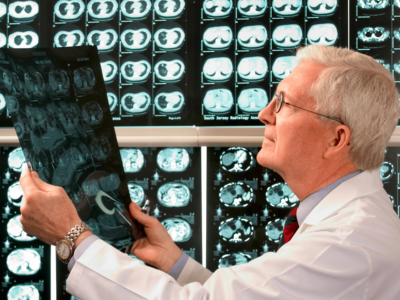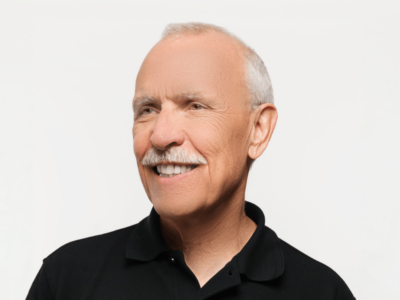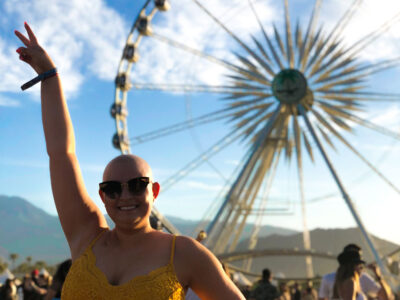When Olufunmilayo I. “Funmi” Olopade was born, the most common Nigerian career aspirations were pastor or teacher. Olopade’s father, a pastor, thought differently. He wanted his children to be scientists, economists, and doctors.
On Jan. 24, Shauna Erickson-Abou Zahr posted these words on her Instagram feed.
Over his five decades as a radiation oncologist, Bernie Lewinsky has been collecting the relics of radiotherapy.
By law, the Food and Drug Administration is required to determine whether a drug, device, biologic, or medical device is “safe and effective.” But the FDA determination does not control whether the Centers for Medicare & Medicaid Services will pay for it. To satisfy CMS, medical products and services must be “reasonable and necessary,” meaning […]
Ben K. Seon, a senior faculty member and distinguished immunology scientist at Roswell Park Comprehensive Cancer Center across six decades, died Dec. 17, 2025. He was 89.
Bayard “Barney” Clarkson, a pioneering leukemia researcher, a career-long member of the faculty of Memorial Sloan Kettering Cancer Center, and past president of the American Society of Clinical Oncology and the American Association for Cancer Research, died on Dec. 30.
Paul F. Engstrom, a well-respected, longtime member of our Fox Chase Cancer Center community, died Dec. 26. He was 89.
David Mitchell, a tireless patient advocate whose lived experience with multiple myeloma shaped a decade of courageous leadership on behalf of patients nationwide, died Jan. 2. He was 75.
2025 has, indisputably, been a year of change in oncology as the field grapples with shifting policy directions, RIFs, and uncertainty stemming from the Trump administration’s MAHA mission.
The nagging pain in Mia Sandino’s right knee set in in September 2018, and throughout her freshman year at the University of Washington, she tried to ignore it. “I was being a very naive and invincible-feeling 19-year-old,” Sandino told The Cancer Letter. “I didn’t put two and two together that this area of the knee that […]


